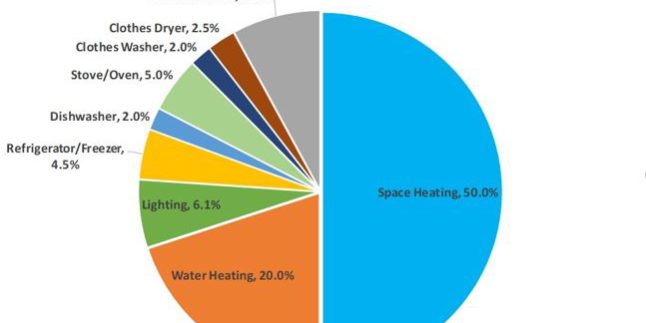Here is Local 20/20s’ March Column in the Port Townsend Leader (Thank you, PT Leader!), titled Resilience Review. It is copied below, as submitted.
TAKE A BITE OUT OF YOUR ELECTRICITY BILL
by Phil Lusk
Have your energy bills crept up this past winter? Energy conservation is a cost effective way to reduce energy bills in our Jefferson County homes and businesses. There are a variety of ways you can reduce them in the short term, and also prepare for the future.
As one example of what’s possible, the Swedish Academy awarded its Nobel Prize in physics to the inventors of the blue LED bulb. The Academy noted that 16 percent of all electricity consumed is wasted by inefficient lighting, and that the highly efficient LEDs will contribute to saving the Earth’s resources in a new way.
To show the scale, electricity wasted by inefficient lighting is roughly equal to all of the electricity consumed in Idaho and Montana. That’s right: Both states could be powered with the energy now wasted on inefficient lighting. In reality, wasted electrical energy from inefficient lighting is the third largest “state” in the Pacific Northwest.
Still using incandescent or CFL lighting? Replacing those old lightbulbs with modern LED lighting can reduce energy use by 45% for CFLs, and as much as 90% for incandescents. You’d be surprised at how cheap LEDs have become, and how much brighter they are. Changing those lightbulbs in all of the fixtures you use most at home can save $5 or more every month. Even better, LEDs increase home lighting quality.
Plan ahead to make your best choices for improving home energy efficiency. Use a heat pump whenever possible. Working much like a refrigerator, except warmer of course, a heat pump offers an efficient alternative to conventional electric resistance or propane furnaces and water heaters.
Heat pumps can slash your monthly electricity bill by 40% — at least. Using a heat pump instead of your conventional electric furnace can save you $40 or more every month, and a heat pump water heater could mean another $15 in monthly savings.
And to save even more money, be sure to check the Jefferson County PUD website to see what products they have rebates for before you purchase.
Money not spent on wasted energy stays in our community, helps reduce carbon pollution, and increases local self-reliance, sustainability and resiliency. Money that stays in the community has a multiplier effect that adds even more value for our local economy.
Reductions in carbon emissions are really like putting money in the bank. It’s a compounding thing: Smaller and consistent carbon savings today should be preferred over the promises of larger reductions in some indefinite future.
Low-income families face disproportionately high energy burdens—the percentage of income going to utility bills—and improving access to new energy efficiency means lower bills. Energy equity means increasing access for those who are waiting to take part in our clean energy future.
Energy efficiency is the cheapest way to reduce our carbon footprint, and it can save you money too! Bottom line: Why pay more when you can use less and get the same or better result?
Dare to dream, but it just might be possible to use cost-effective energy efficiency technology in a strategic way to close existing carbon-emitting power plants.
Bio: Phil Lusk is an economist who worked in the clean energy industry for 40 years before retirement, and is active in the Local 20/20 Energy Action group. While remaining professionally active, baking, dancing, photography, and ukulele playing now have a higher priority in his life.








